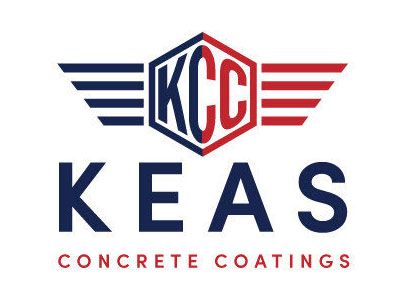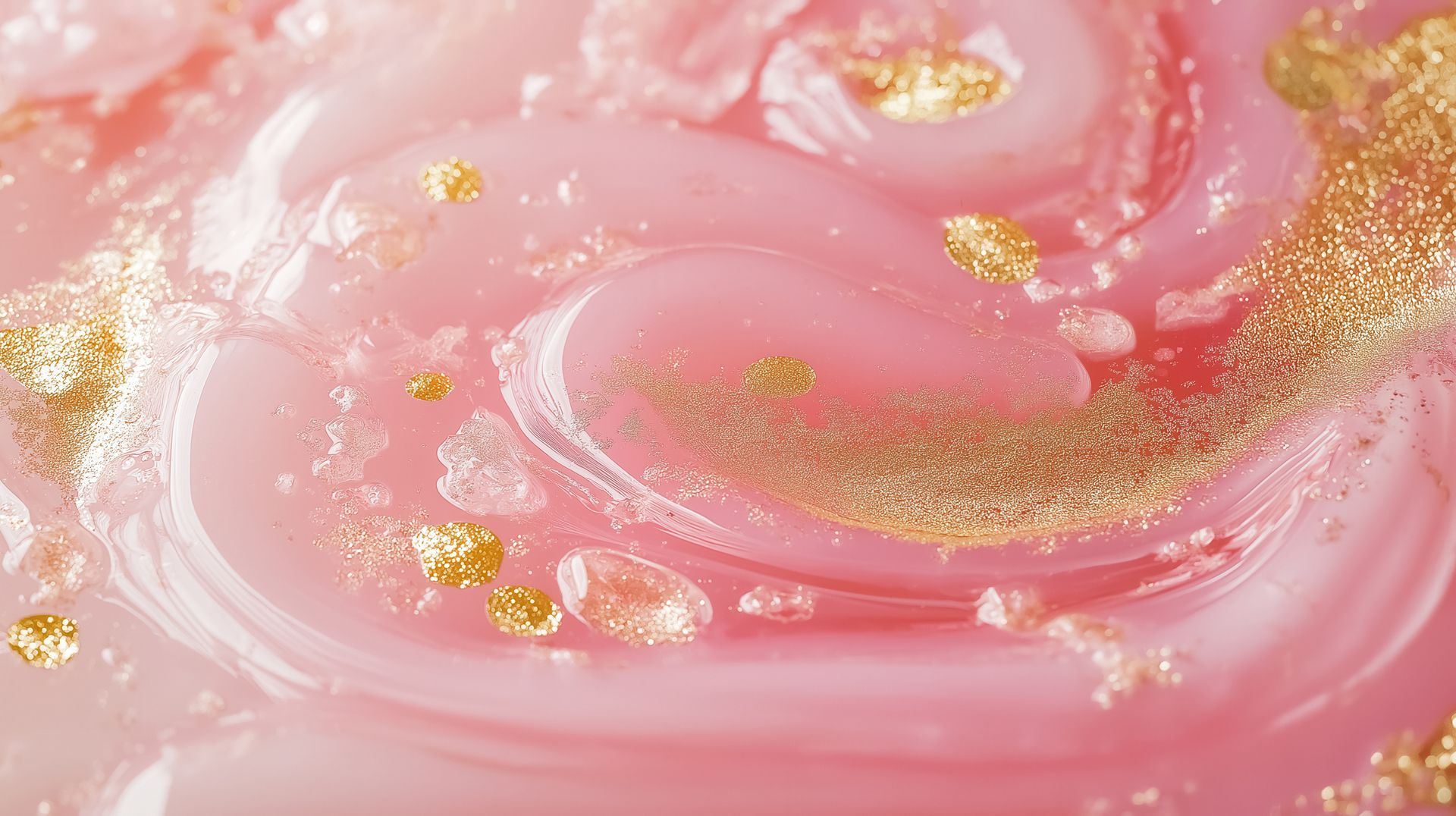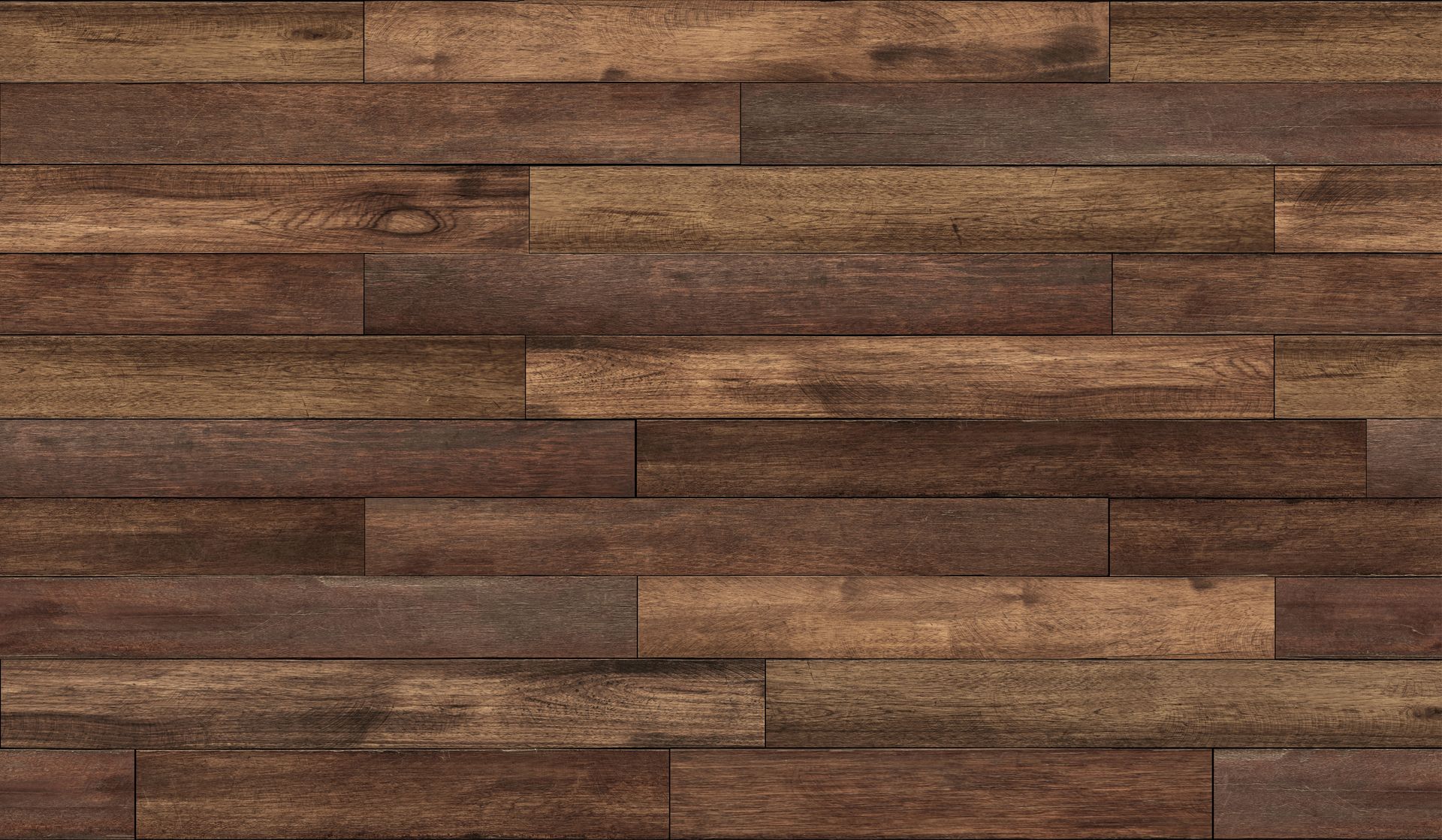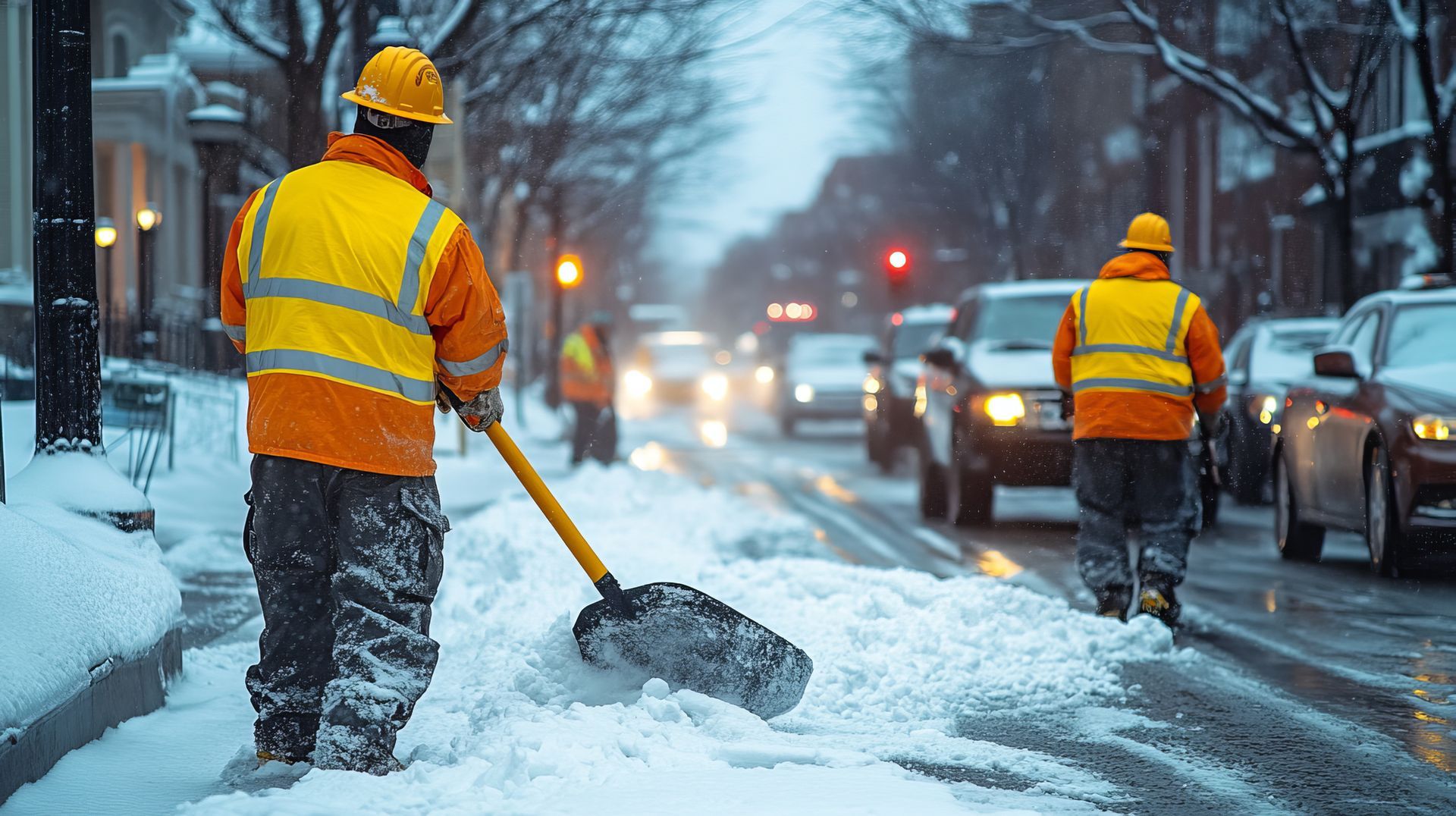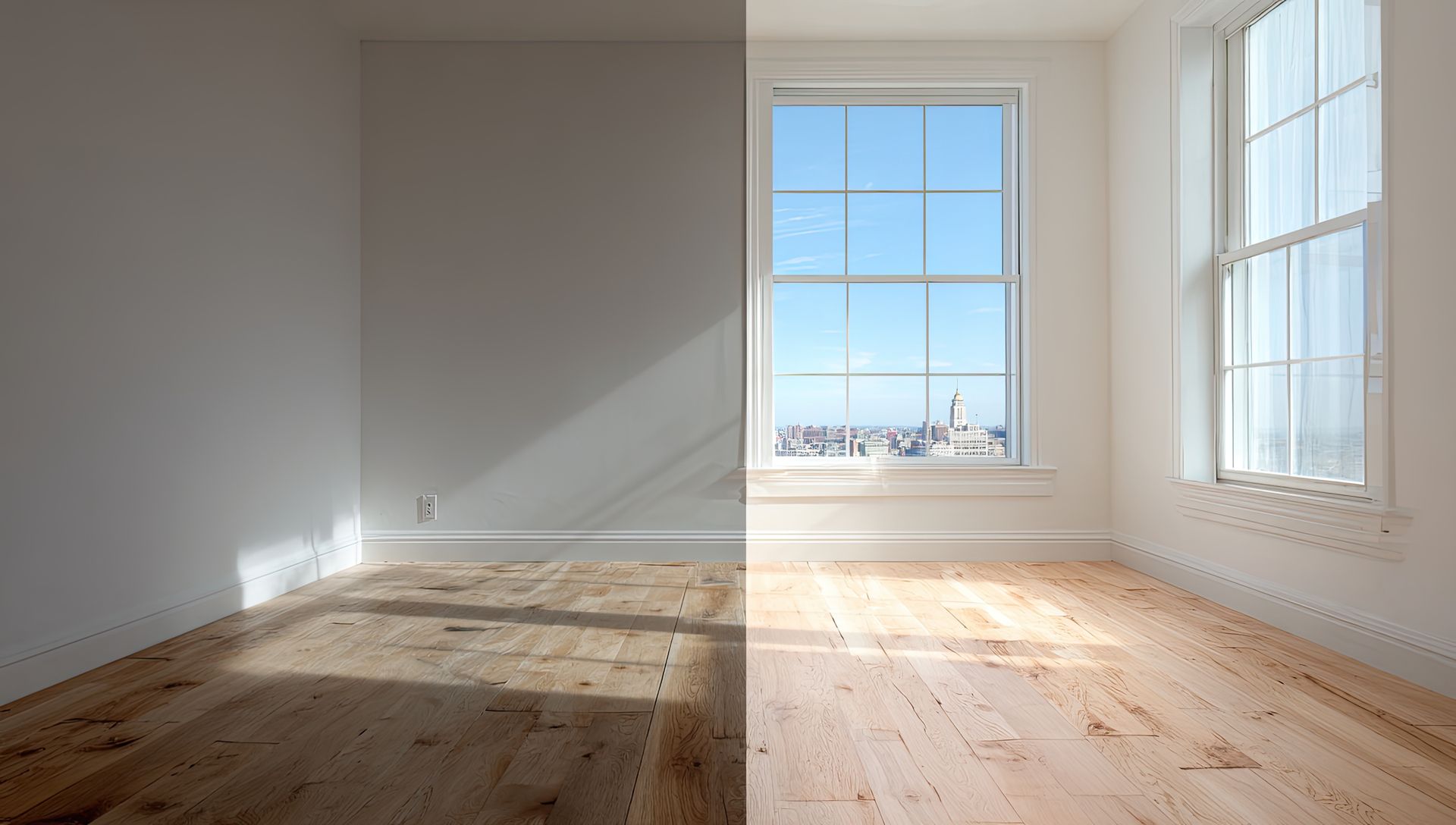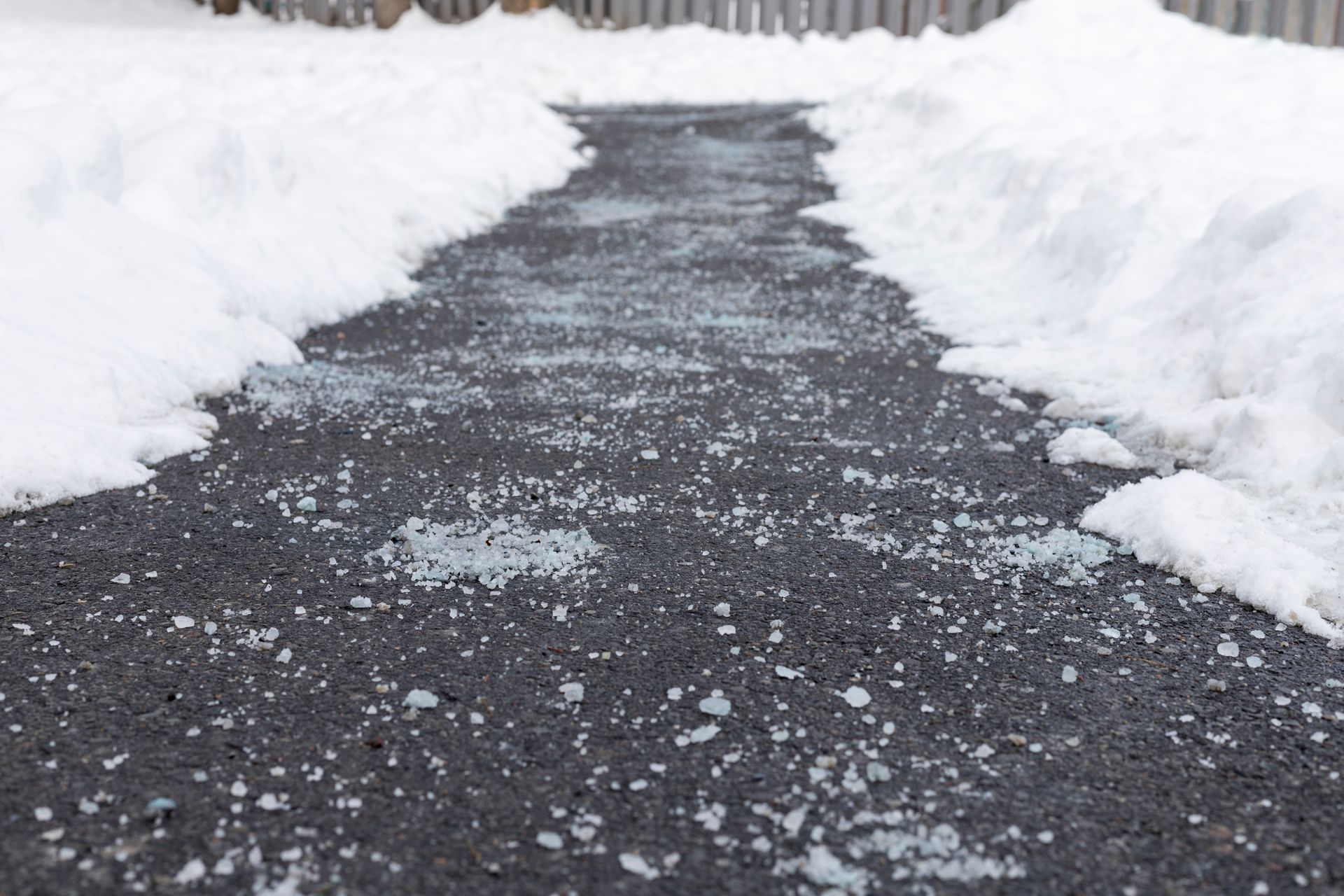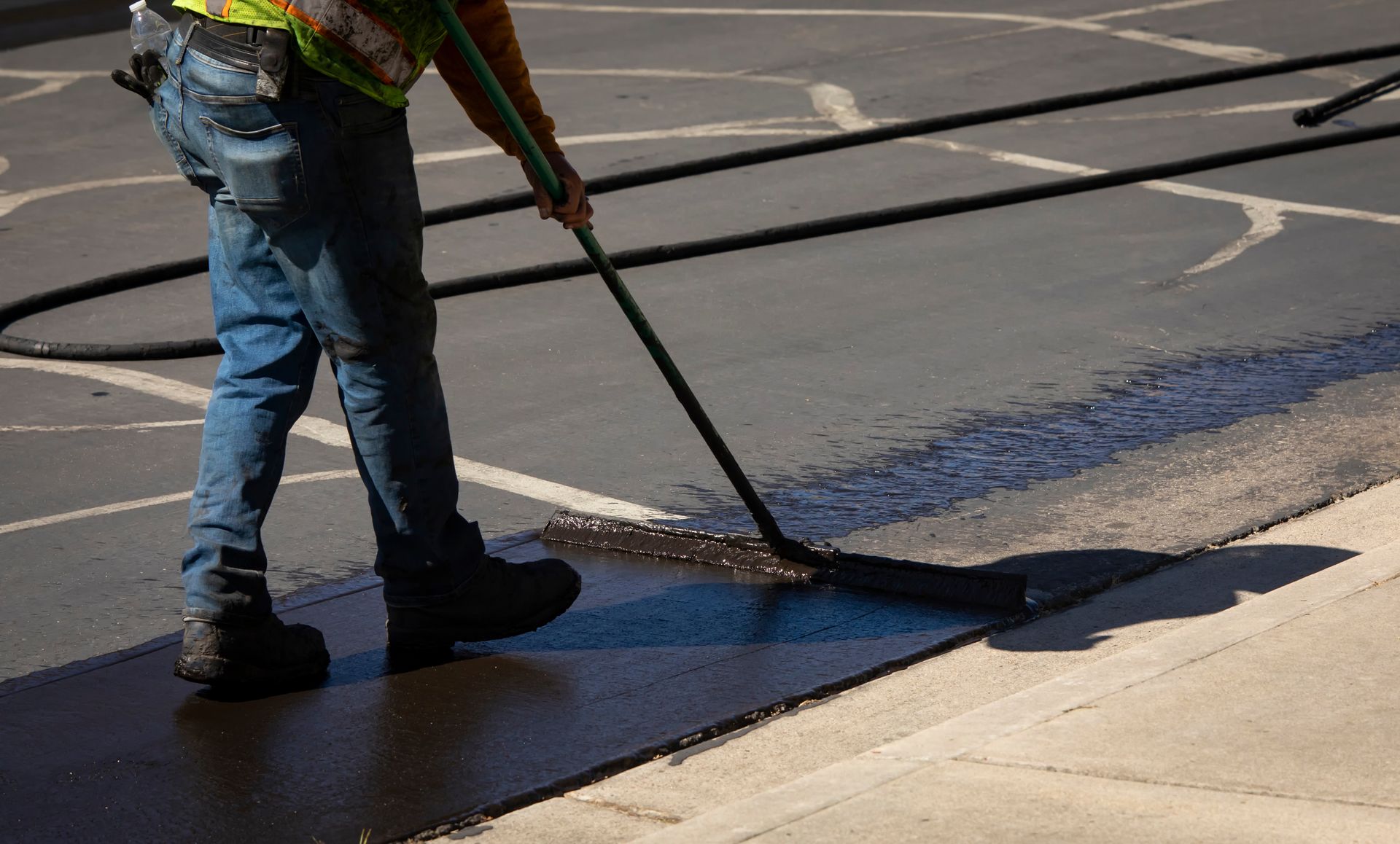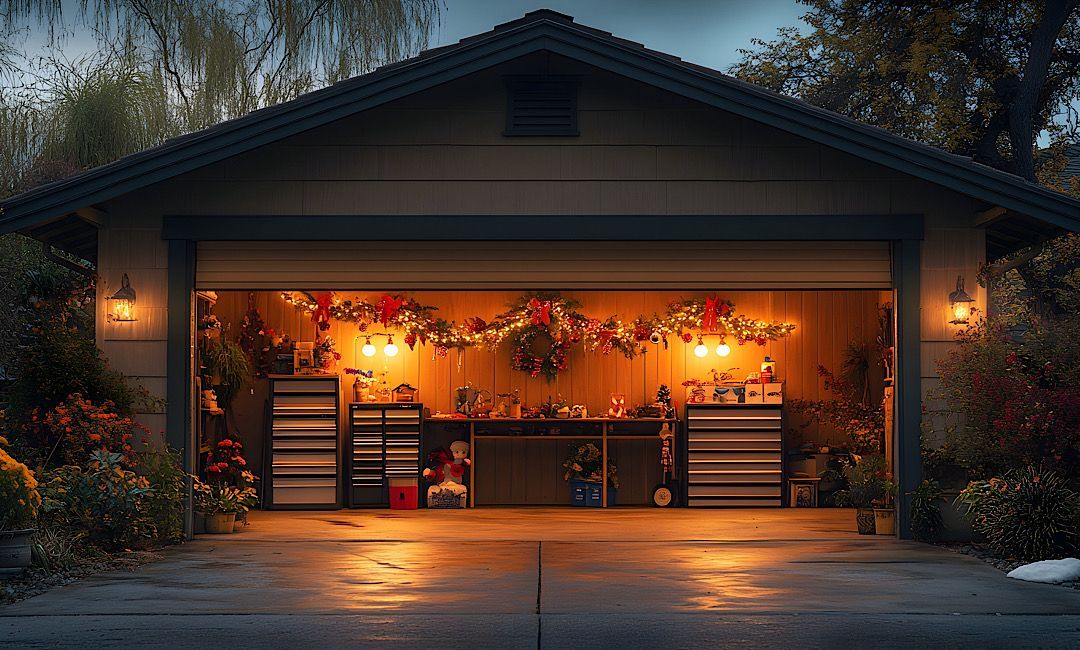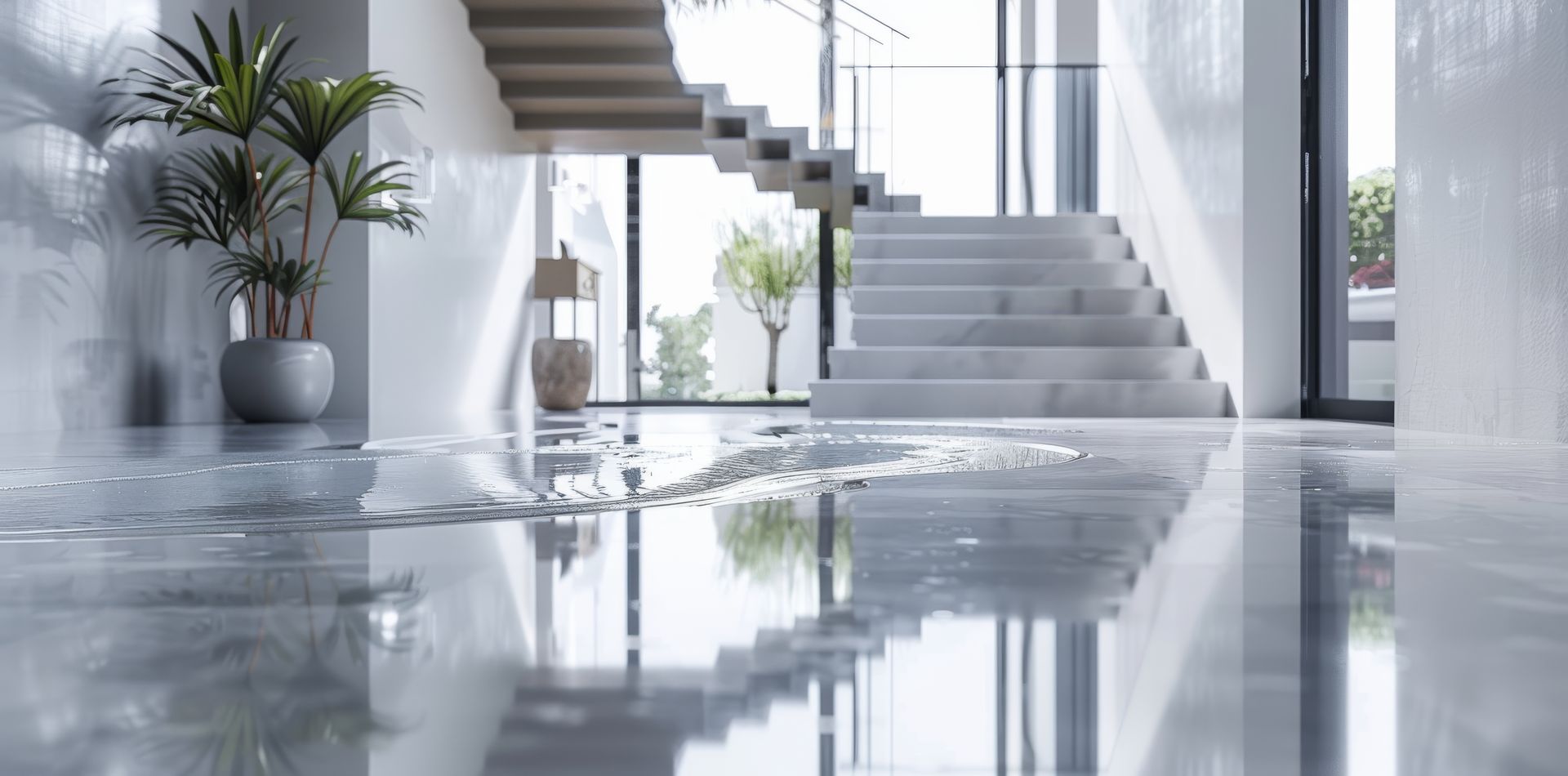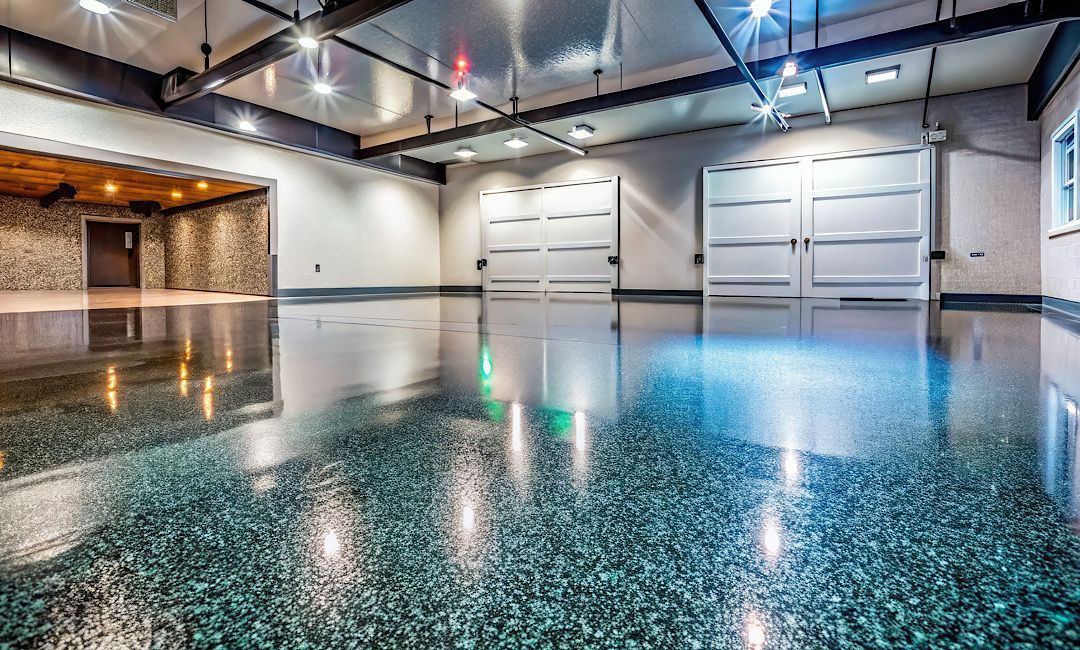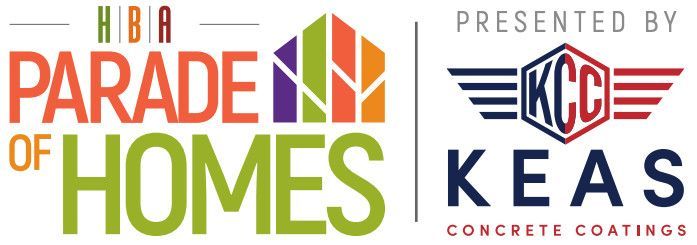Winter Care for Your Colorado Garage Floor
Preserving the Integrity of Concrete Coatings During Winter
In regions where winter brings harsh weather, the maintenance of garage floors becomes crucial, especially if they are coated with concrete finishes. These surfaces, typically robust, can undergo significant stress due to temperature fluctuations, moisture, and the use of chemicals like road salts. This article delves into practical strategies for protecting and maintaining concrete coatings during winter months. Drawing upon expert opinions and first-hand experiences, we will explore how to ensure the longevity and durability of your garage flooring.
Understanding the Impact of Winter on Concrete Coatings
Concrete coatings, designed to protect and enhance the appearance of garage floors, face several challenges during winter. The cold weather can cause concrete to contract, potentially leading to cracks and damage. Moisture, whether from snow, ice, or rain, can penetrate these cracks, exacerbating the problem. Additionally, chemicals such as de-icers and road salts, often brought into the garage on vehicles, can corrode concrete coatings.
Key Strategies for Winter Maintenance of Concrete Coated Floors
Regular Cleaning: One of the simplest yet most effective measures is to keep the floor clean. This involves regular sweeping to remove dirt, grit, and chemical residues. When using water to clean, ensure it's not too cold, as extreme temperature water can harm the coating.
Use of Safe De-icing Products: If you must use de-icers near your garage floor, opt for safer alternatives to traditional rock salt, such as calcium chloride or magnesium chloride. These are less corrosive and damaging to concrete coatings.
Prompt Removal of Snow and Ice: Allowing snow and ice to sit on the surface for extended periods can lead to moisture seeping into the concrete. Regularly clear any snow or ice accumulation to prevent this.
Repairing Cracks Promptly: Even small cracks can become significant issues if water seeps in and freezes, expanding the crack. Regularly inspect your floor and address any cracks or damage immediately.
Applying a Fresh Coat: Before the onset of winter, consider applying a fresh coat of sealant to your concrete floor. This adds an extra layer of protection against moisture and chemical damage.
FAQs on Winter Care for Concrete Coated Garage Floors
Q: Can regular road salt damage concrete coatings?
A: Yes, regular road salt can be corrosive and cause damage to concrete coatings. It's advisable to use less corrosive alternatives and clean any residue promptly.
Q: How often should I clean my concrete-coated garage floor in winter?
A: It's recommended to clean the floor regularly, at least weekly, to remove any dirt, grit, or chemical residues.
Q: Is it necessary to reapply concrete sealant before every winter?
A: While it's only sometimes necessary to reapply sealant annually, doing so every few years or when you notice wear can significantly extend the life of your concrete coating.
Q: Are there specific cleaning products I should use on my coated concrete floor?
A: Use pH-neutral cleaners designed for concrete floors. Avoid harsh chemicals that can strip away sealants and damage the coating.
Q: How can I repair cracks in my concrete coating?
A: A concrete filler or patch product often repairs small cracks. For larger issues, it may be necessary to consult a professional.
By following these guidelines, homeowners in winter-prone regions can effectively maintain their concrete-coated garage floors, ensuring durability and aesthetic appeal throughout the season. Regular maintenance and preventive measures can significantly extend the life and appearance of your garage floor, making it a valuable and functional aspect of your home year-round.
